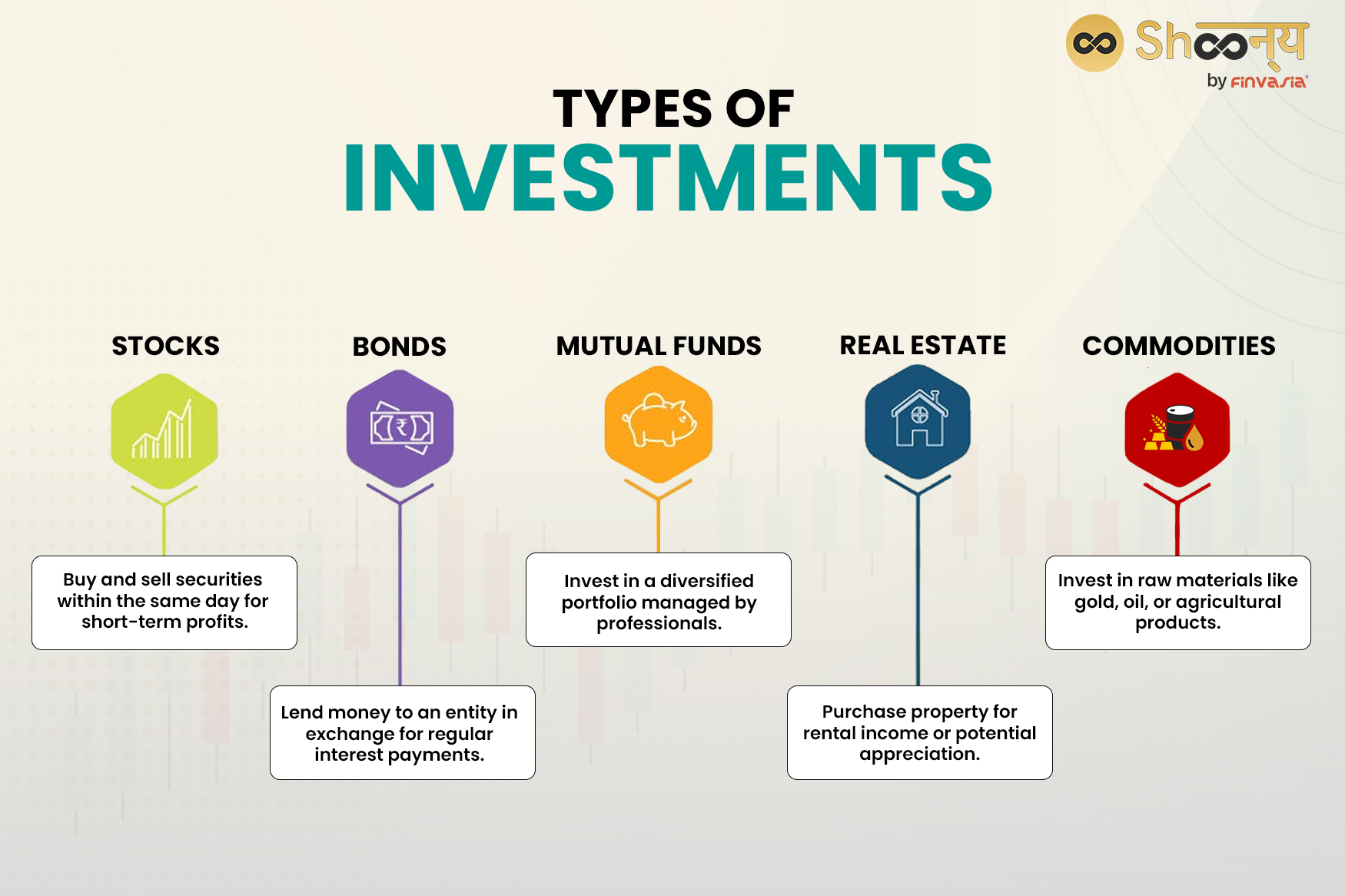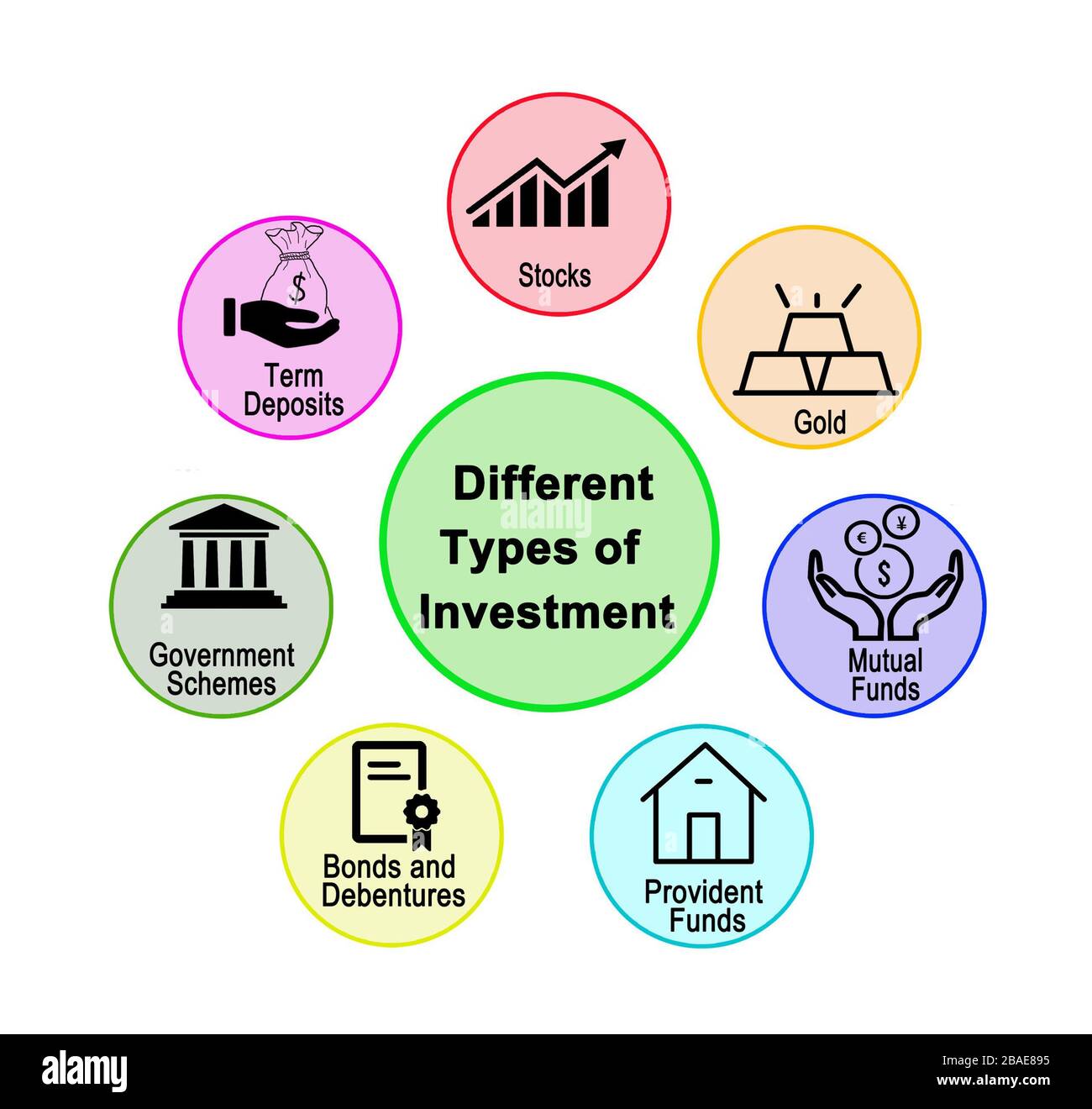Table of Contents
Financial institution A financial investment business is a banks principally took part in holding, managing and spending safeties. These firms in the USA are managed by the U.S. Stocks and Exchange Commission and have to be registered under the Investment Firm Act of 1940. Investment business spend money in support of their clients who, in return, share in the revenues and losses.

Investment companies do not include brokerage firm firms, insurance policy business, or financial institutions.
A significant kind of firm not covered under the Investment Firm Act 1940 is private investment business, which are just personal companies that make financial investments in stocks or bonds, but are limited to under 250 capitalists and are not regulated by the SEC. These funds are typically composed of really affluent capitalists.
This offers certain securities and oversight for financiers. Regulated funds usually have restrictions on the kinds and amounts of investments the fund manager can make. Usually, controlled funds may only invest in listed protections and no even more than 5% of the fund might be purchased a single safety and security. Most of investment firms are common funds, both in regards to variety of funds and properties under administration.
Investment Firms servicing San Angelo, Texas
The first investment trusts were established in Europe in the late 1700s by a Dutch trader who intended to enable little capitalists to pool their funds and expand. This is where the concept of financial investment business stem, as stated by K. Geert Rouwenhorst. In the 1800s in England, "financial investment merging" emerged with counts on that resembled contemporary mutual fund in framework.

The 1929 securities market accident and Fantastic Clinical depression briefly hampered investment funds. However brand-new safeties laws in the 1930s like the 1933 Securities Act restored financier confidence. A number of technologies then brought about consistent development in investment firm possessions and accounts over the decades. The Investment Company Act of 1940 regulates the framework and operations of investment firm.
The act governs investment company funding, guardianship of possessions, transactions with affiliates, and fund board responsibilities. The Investment Advisers Act of 1940 controls financial investment advisors to registered funds and various other large consultants. It develops enrollment, document keeping, reporting and various other requirements for consultants. The Securities Exchange Act of 1934 manages trading, trading of safety and securities consisting of financial investment company shares. In 1938, it licensed the production of self-regulatory companies like FINRA to supervise broker-dealers. The Securities Act of 1933 calls for public safety and securities offerings, including of investment firm shares, to be registered. It also mandates that financiers receive a current program defining the fund. "Financial investment Firms". U.S. Securities and Exchange Compensation (SEC).
Investment Firms around San Angelo
Lemke, Lins and Smith, Policy of Investment Firm, 4.01 (Matthew Bender, 2016 ed.). Chaudhry, Sayan; Kulkarni, Chinmay (2021-06-28). "Design Patterns of Investing Apps and Their Results on Investing Behaviors". ACM. pp. 777788. doi:10.1145/ 3461778.3462008. ISBN 978-1-4503-8476-6. "Financial investment Clubs and the SEC",, Customized January 16, 2013. (PDF). Investment Company Institute. 2023.
In retail investment funds, thousands of capitalists might be included by means of middlemans, and they may have little or no control of the fund's tasks or knowledge regarding the identities of various other investors. The prospective variety of financiers in a personal financial investment fund is generally smaller than retail funds. Private mutual fund often tend to target high-net-worth people, consisting of politically subjected individuals, and fund managers may have a close relationship with their customer financiers.

Passive funds have actually been growing in their market share, and in some jurisdictions they hold a significant section of ownership in publicly traded firms. There are many different categories for financial investment funds. Some are closed-end, indicating they have a set number of shares or funding, whilst others are open-end, implying they can expand into unlimited shares or capital.
The prices, danger, and terms of derivatives are based on an underlying possession, and they permit financiers to hedge a placement, increase leverage, or speculate on an asset's change in value. As an example, an investor may possess both a supply and an alternative on the same stock that enables them to sell it at an established price; consequently, if the supply's price falls, the alternative still keeps value, reducing the financier's losses.
Whilst thought about, provided the emphasis of this briefing on the BOT of company automobiles, a full treatment of the beneficial possession of assets is outside its scope. A financial investment fund acts as an avenue to take advantage of several properties being held as investments. Capitalists can be people, company automobiles, or establishments, and there are generally a number of middlemans in between the capitalist and mutual fund along with between the mutual fund and the underlying financial assets, specifically if the fund's systems are exchange-traded (Box 1).
Investment Company
Depending upon its lawful type and framework, the individuals working out control of a mutual fund itself can differ from the people that have and benefit from the underlying assets being held by the fund at any kind of given point, either directly or indirectly. Both retail and personal mutual fund normally have fund supervisors or advisors who make investment choices for the fund, selecting securities that line up with the fund's objectives and run the risk of tolerance.
and function as middlemans in between financiers and the fund, helping with the acquiring and marketing of fund shares. They connect investors with the fund's shares and perform professions on their behalf. manage the enrollment and transfer of fund shares, preserving a record of investors, processing possession adjustments, and providing proxy materials for shareholder conferences.
Navigation
Latest Posts
Landscape Design Contractor servicing San Angelo
Investment Management Companies around San Angelo
Investment Management